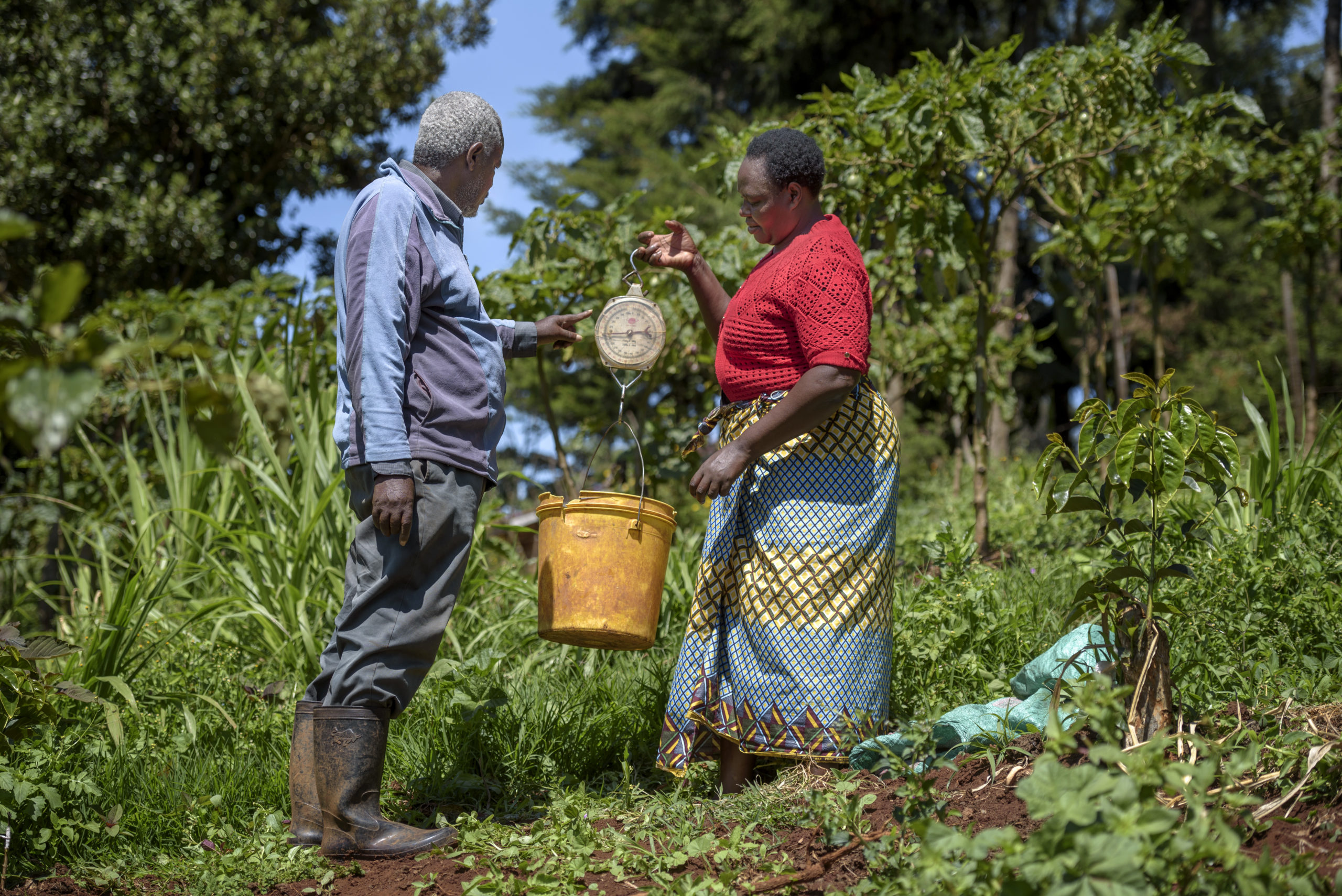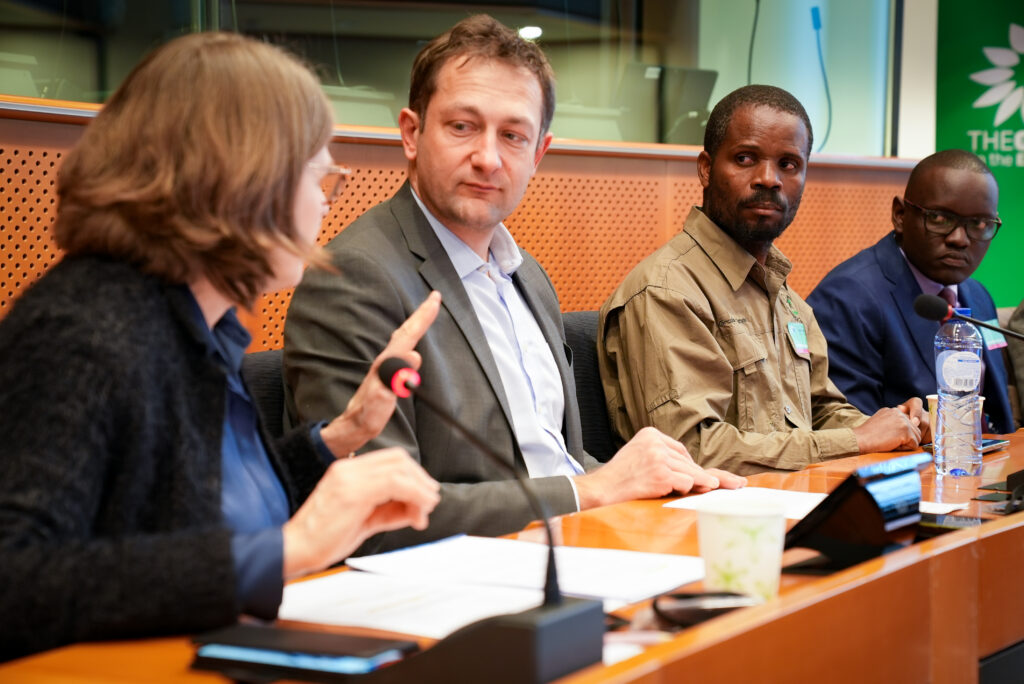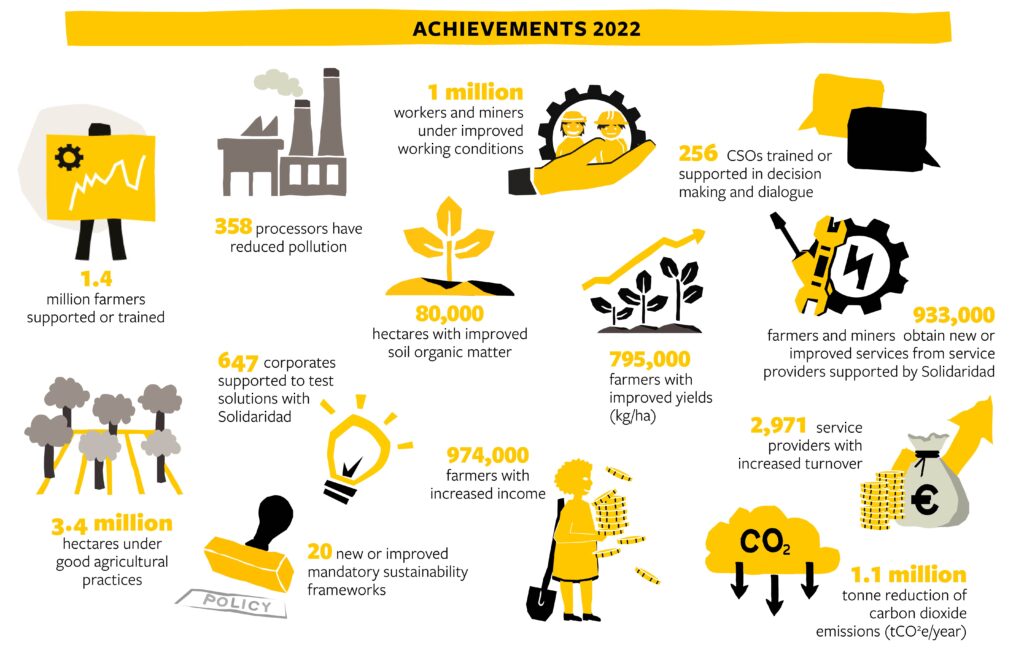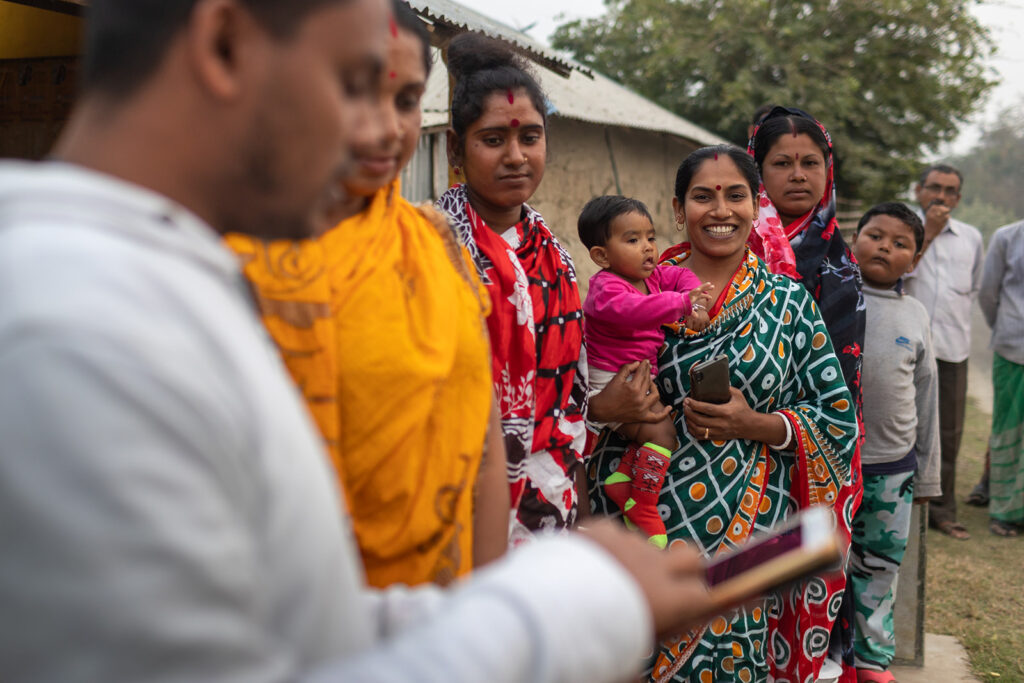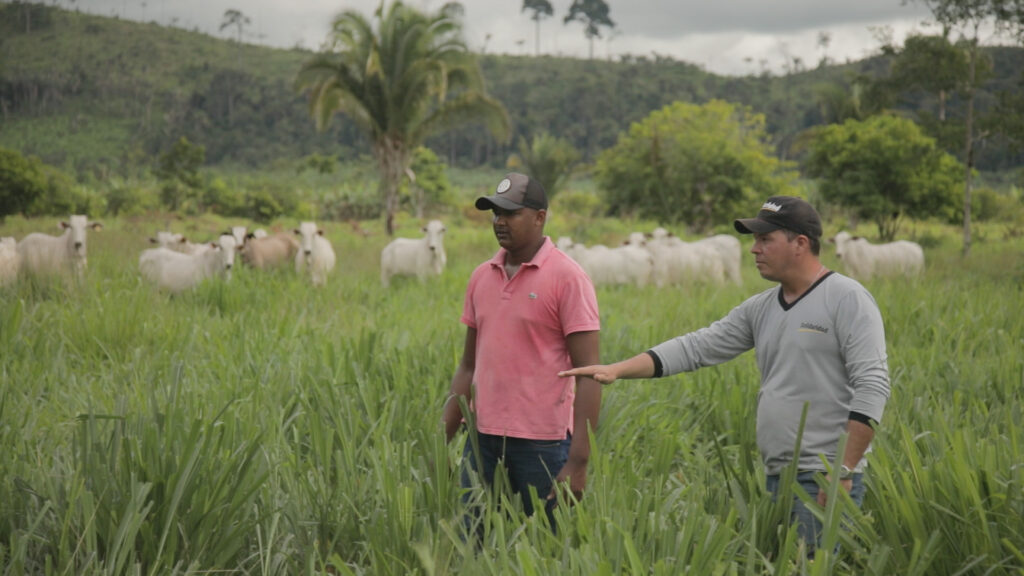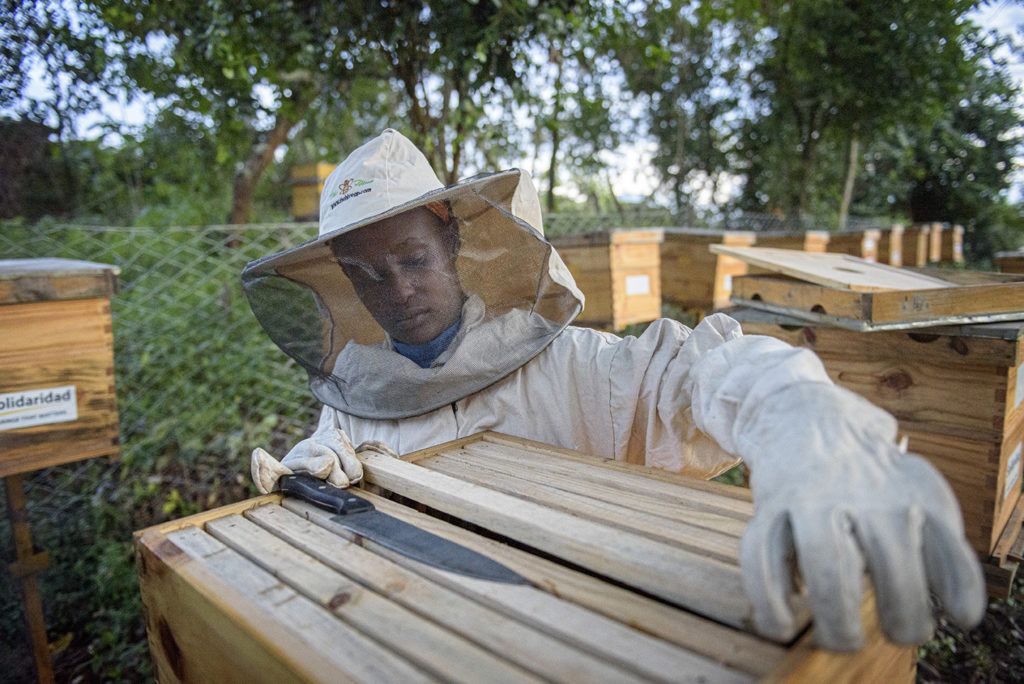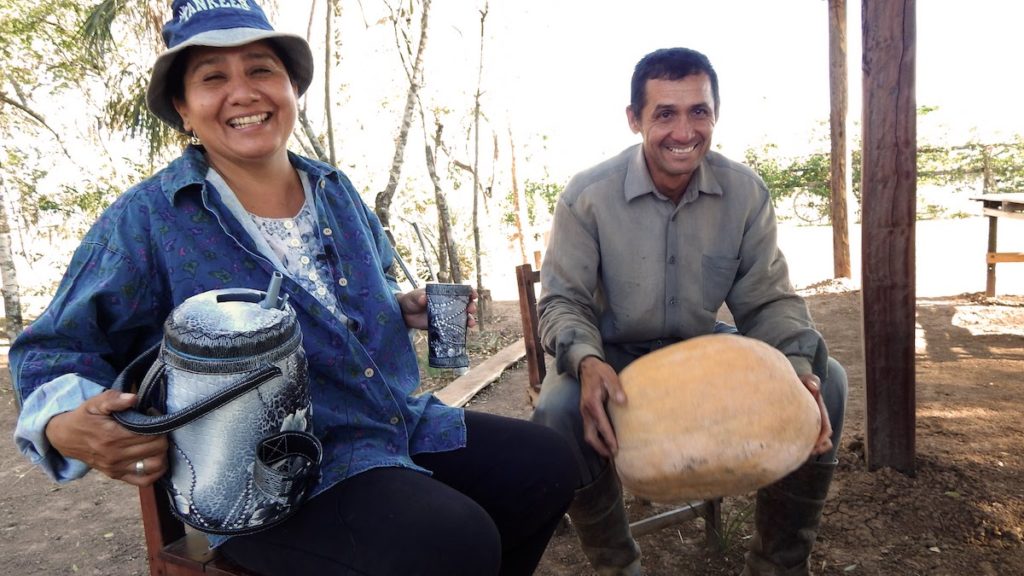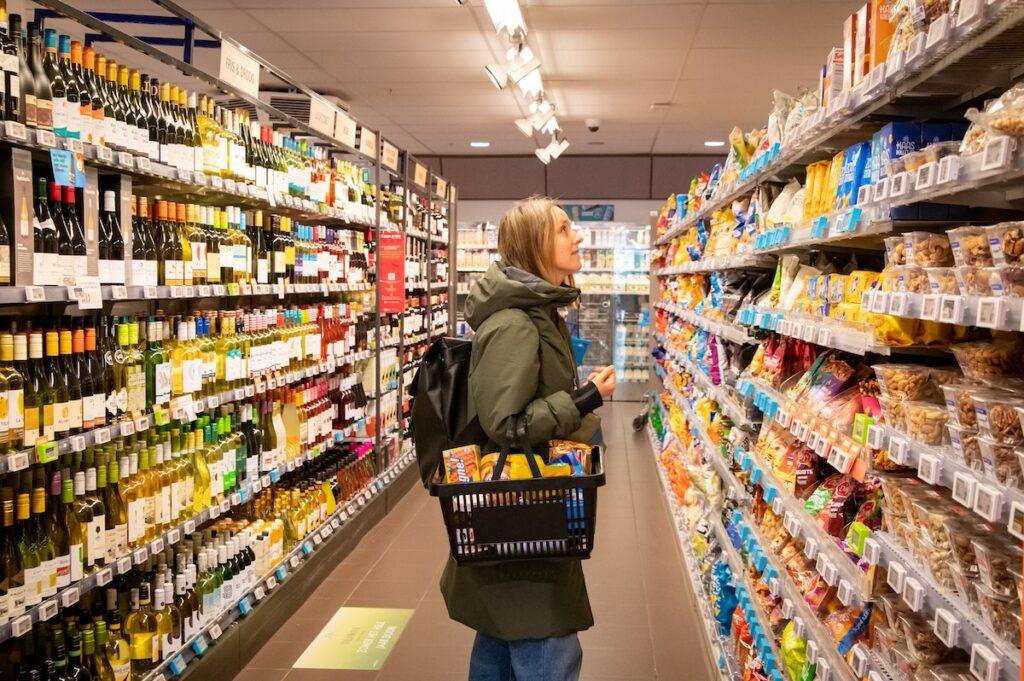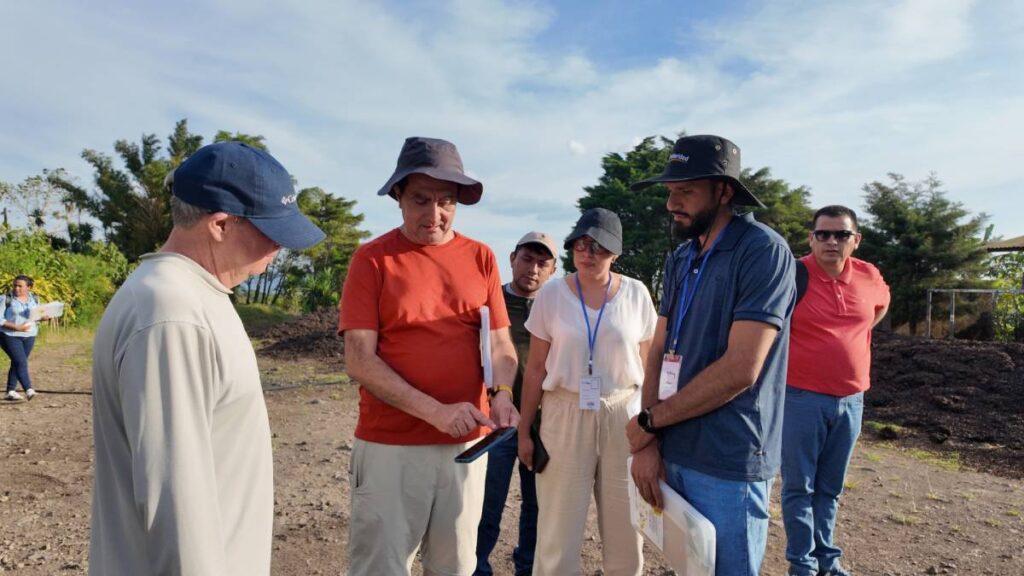On 6 December the EU reached a compromise on its long-awaited regulation on deforestation-free products. The final step is the European Parliament’s vote in March – a formal procedure that won’t change the regulation’s content. Once in place, the regulation will make it obligatory for companies that put cattle and leather, cocoa, coffee, palm-oil, soy, wood, rubber or charcoal on the market to verify that the product hasn’t led to deforestation and forest degradation since 31 December 2020.
This is potentially an extremely impactful regulation. It will require companies to provide geolocations (and polygon mapping, if more than four hectares) of products, and to ensure traceability to the plot. Companies will have to prove there has been no recent deforestation and verify compliance with relevant legislation of the country of production, including on human rights.
The main articles will be fully in force within 18 months of the final vote in March, so before the end of 2024. Companies and other stakeholders around Europe and in producing countries now have the task of figuring out what the consequences will be, and how to deal with them.
Including smallholders
Over the last couple of years, together with other civil society organizations, Solidaridad has repeatedly indicated that this regulation can only be really effective if we include smallholder farmers. And although politicians and policy makers are beginning to pay more attention to smallholders and their needs, a lot more action is needed.
Below we outline five major steps that the EU, governments and companies must take for the new deforestation regulation to succeed:
1. Assess the consequences for smallholders as soon as possible, and act on it
Exports to the EU provide an important source of income for many millions of smallholder farmer families around the globe. This is especially true in sectors like coffee, cocoa, palm oil and rubber. Many smallholders may struggle to comply with the new requirements and thus be excluded from the EU market while deforestation continues.
If the Commission decides to sit on its hands for five years and only then evaluate the impact on smallholders, it will be far too late to act.
Surprisingly, and worryingly, article 32 says: “no later than five years after the entry into force the Commission shall carry out an evaluation of the impact of the Regulation on farmers, in particular smallholders, indigenous peoples and local communities and the possible need for additional support for the transition towards sustainable supply chains and for smallholders to meet the requirements of this Regulation”.
If the Commission decides to sit on its hands for five years and only then evaluate the impact on smallholders, it will be far too late to act. In June 2022 Solidaridad and 49 NGOs from around the world asked the European Commission to urgently assess the needs of smallholders and communities in the global south to respond before the regulation enters into force. And to act on it. That gives us 18 months – which means that there’s still time to take action.
2. Immediately develop a comprehensive EU strategic framework for engagement with producer countries
An important and highly debated element of the regulation is Article 28 on cooperation with third countries. This cooperation is indeed crucial to make sure the regulation really works. Article 28 states: “The Commission shall develop a comprehensive EU strategic framework for such engagement and shall consider mobilizing relevant EU instruments”.
There is no indication that the European Commission has already started developing a strategic framework for engagement. It should start this right away.
The addition that the Commission shall only consider mobilizing relevant instruments clearly highlights its reluctance. As Fern rightly indicated in its publication about the need for such a strategy, partnerships are essential to reduce the risk that products continue to drive deforestation while being sold to other consumer markets, with smallholders bearing the cost of implementing the regulation. So far there is no indication that the European Commission has already started developing a strategic framework for engagement. It should start this right away.
3. Urgently enter into dialogue with producer countries
Even more important than a strategy alone, is for the European Commission and Member States to immediately start engaging with producer countries and stakeholders. First of all, to adequately inform stakeholders, including farmers, their cooperatives and the private sector, about the regulation. European companies are eager to understand what the consequences will be.
Our experience with stakeholders in producing countries indicates that many of them are likely to be affected, but have no clue about what’s to come.
Our experience with stakeholders in producing countries indicates that many of them are likely to be affected, but have no clue about what’s to come. They’ll either have never heard of the regulations, or not know what they’ll mean for them in practice. But, as Article 28 describes, the next step should be that: “the Commission and interested Member States, shall engage in a coordinated approach with producer countries and parts thereof, to jointly address the root causes of deforestation and forest degradation”. The regulation adds that this cooperation should include the transition to an agricultural production that facilitates producers’ compliance with the requirements of this regulation.
Great. But again, this cannot wait until the regulation is in force. This coordinated approach must start now.
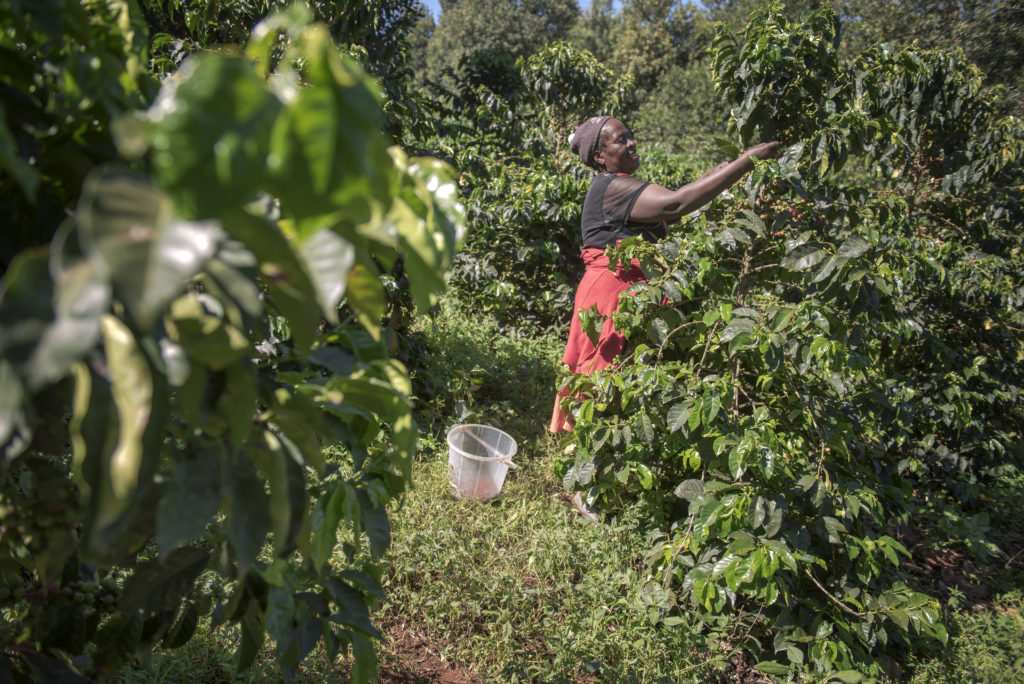
4. Ensure both governments and companies invest in smallholder capacity building
Governments must be responsible for ensuring that smallholders and their cooperatives are actively supported to build their capacity to meet the regulation’s requirements. It’s also very much the responsibility of any company that purchases coffee, cocoa, palm oil or rubber from smallholders.
Any responsible company will realize that ‘may’ needs to be replaced by ‘should’.
Unfortunately Article 10, which formulates the requirements for companies on risk mitigation, is not straightforward enough when it says: “This may also include supporting the compliance with this Regulation of their suppliers, in particular smallholders, through capacity building and investments.” Any responsible company will realize that ‘may’ needs to be replaced by ‘should’. And that farmers and NGOs will expect them to invest in the capacity building of their suppliers.
5. Make sure producers are adequately remunerated
Last but not least, it is absolutely essential that compliance costs are fairly shared among stakeholders, and that root causes of deforestation are addressed. Which is, among smallholders, in many cases, poverty.
It is absolutely essential that compliance costs are fairly shared among stakeholders, and that root causes of deforestation are addressed.
Recital 33a of the regulation describes a crucial condition to make the regulation work. It says: “When sourcing products, reasonable efforts should be undertaken to ensure that a fair price is paid to producers, in particular smallholders, so as to enable a living income and effectively address poverty as a root cause of deforestation.” Unfortunately, this wasn’t translated into any particular requirements in the articles that really define what’s needed for companies to make this happen.
Let’s make it work.
Additional measures are needed to ensure that the deforestation regulation will have a positive impact on reducing deforestation, as well as on smallholder livelihoods. If taken, these five steps will not only lead to cleaner, more sustainable supply chains, but actually reduce deforestation.
At Solidaridad we’re looking forward to seeing EU policy makers and lobbyists using your influence to make the deforestation-free product regulation work in practice. We want to see you starting to collaborate with smallholder producers and their governments and helping them overcome potential issues surrounding the requirements – not in a few months’ time, but today.
For more information contact Gert van der Bijl, Senior EU Policy Advisor, at gert.vanderbijl@solidaridadnetwork.org

